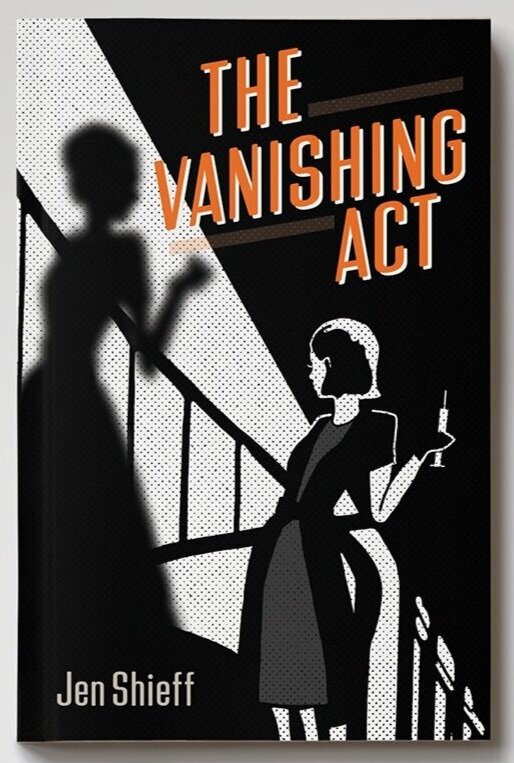This review was originally commissioned by the New Zealand Listener.
The Vanishing Act is a murder mystery set in 1960s Auckland. Glamorous Rosemary, who is gay, has been forced by homophobic parents to emigrate to Aotearoa. There she meets Rita, a lesbian who owns a brothel called The Gentlemen’s Club (also the title of Jen Shieff’s first book, for which The Vanishing Act is a standalone sequel). Soon a local doctor turns up dead, and scandalous intrigues ensue.
Initially The Vanishing Act feels like a bit of a mess. Several characters are introduced very quickly in very short chapters (sometimes only a page or so long), each of which is headed with a specific date. This requires the reader to flick back and forth to remind themselves who’s who and how the chronology fits together, which is annoying.
But it’s worth sticking around. Some of the characters are so unlikeable that seeing them get their comeuppance is deeply gratifying. The murder victim, George, is a villainous sex pest, and practically anyone could have killed him. The Vanishing Act will be enjoyed by lovers of the Yeah Noir genre (Kiwi crime), particularly those who are weary of the tropes of the troubled white male detective as the protagonist, and an abused woman as the murder victim.
Another strength of The Vanishing Act is as a work of historical fiction. Shieff has really done her research, and the novel wears this hard work lightly, making the setting seem natural rather than laboured. Shieff handles the mystery well and, although the resolution is a bit of stretch, it does keep the reader guessing. Once you get a handle on who’s who, The Vanishing Act is an entertaining read.

